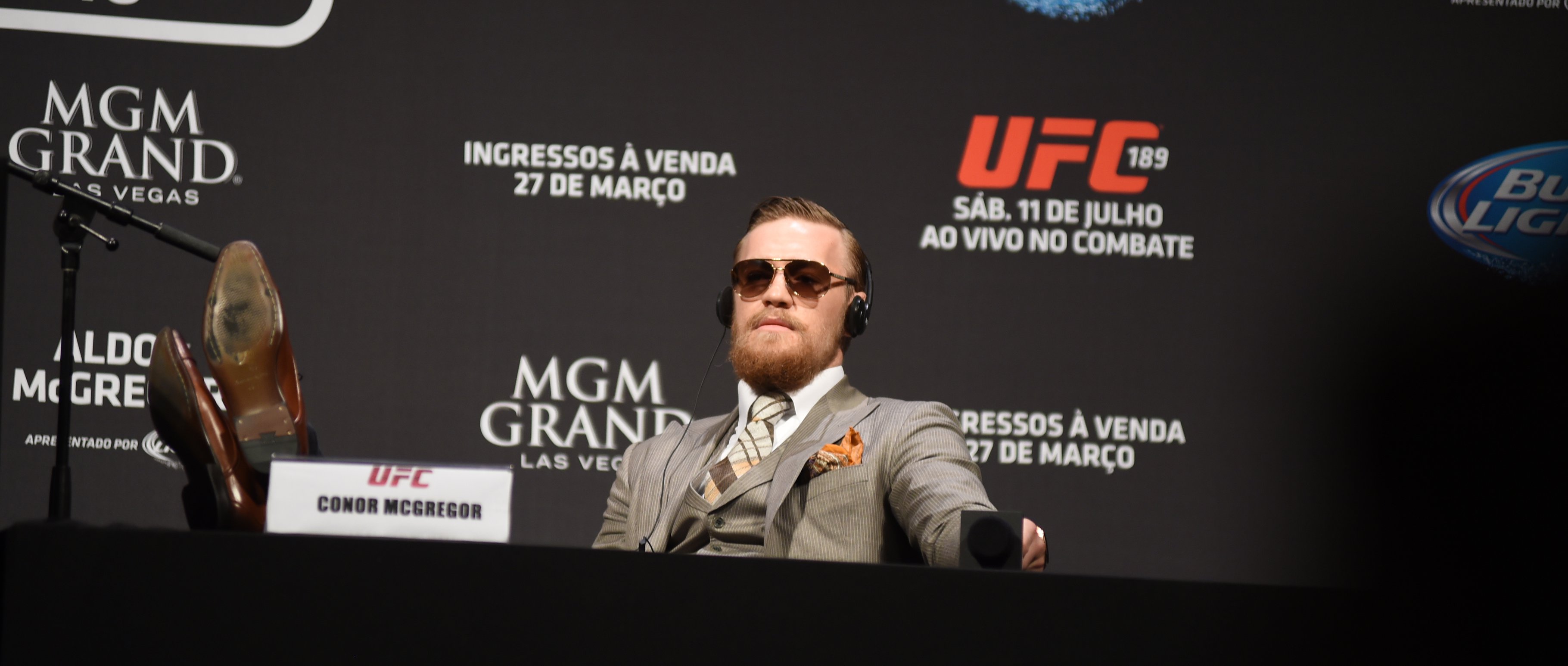The UFC was founded in 1993 and was initially marketed as a no-holds-barred, anything-goes fighting competition. The early UFC events were notorious for their brutal violence and lack of rules. This led to widespread criticism and calls for the sport to be banned.
However, the UFC was determined to overcome these challenges and grow its fanbase. One of the key factors in its transformation was the introduction of rules and regulations that made the sport safer and more appealing to a wider audience. This included weight classes, time limits, and restrictions on certain techniques.
Another important factor was the UFC's focus on building star power. The promotion began to invest heavily in promoting its top fighters and building their personal brands. This included media appearances, endorsements, and social media campaigns. This helped to make the fighters more relatable and accessible to fans, and also helped to increase their marketability.
Conor McGregor, the former two-division UFC champion, was undoubtedly a major factor in the UFC's rise to global prominence. McGregor's flamboyant personality and trash-talking style of promotion helped to draw in casual fans and turn him into a cultural icon.
McGregor's rise to fame began in 2013, when he made his UFC debut and quickly established himself as a force to be reckoned with. His brash personality and bold predictions in pre-fight interviews made him a polarising figure, but also helped to draw attention to the sport and the UFC brand.
As McGregor's success in the octagon continued to grow, so did his personal brand. He became one of the most marketable athletes in the world, with a wide range of endorsement deals and sponsorship agreements. McGregor's popularity also helped to elevate the profile of the UFC, making it more appealing to mainstream audiences.
In the meantime, the UFC was busy creating strategic partnerships of its own. In 2016, the UFC was purchased by WME-IMG, a global talent agency, for $4 billion. This gave the UFC access to a vast network of resources, including media outlets, celebrities, and advertisers.
In addition to these efforts, the UFC also capitalised on the growing popularity of mixed martial arts (MMA) as a whole. The sport began to gain more mainstream acceptance, with organisations like ESPN and FOX Sports broadcasting events and covering MMA news.
Today, the UFC is the industry leader in one of the fastest growing sports in the world, with millions of fans around the globe and a wide range of corporate partnerships and sponsorships. The promotion has also made a concerted effort to appeal to younger audiences, with the launch of the UFC Fight Pass streaming service and partnerships with gaming and esports companies.


